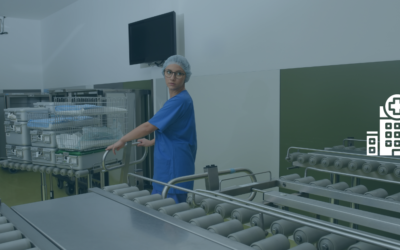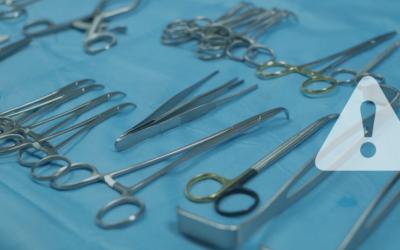Now with increasing demand for precious resources and environmental impact, health service organisations are being asked to focus on reducing their waste. Placing more pressure to find devices and methods for sterilisation that help the environment as well as their patents.
A high priority for all health service organisations, is the sterility of reusable medical devices to support patient outcomes. It’s also the sole focus of their Central Sterile Services Department (CSSD) which meticulously washes, inspects and sterilises instruments ready for surgery.
Health Services now think long and hard about their use of disposables and one Australian company is helping health service organisations to reduce their waste and use more reusable medical devices.
Sterequip is Australia’s first outsourced reprocessing service provider that has made it easy for health service organisations to not only choose reusable medical devices over disposables but also reduce the polypropylene sterilisation wrap, or more commonly called “Blue Wrap”.
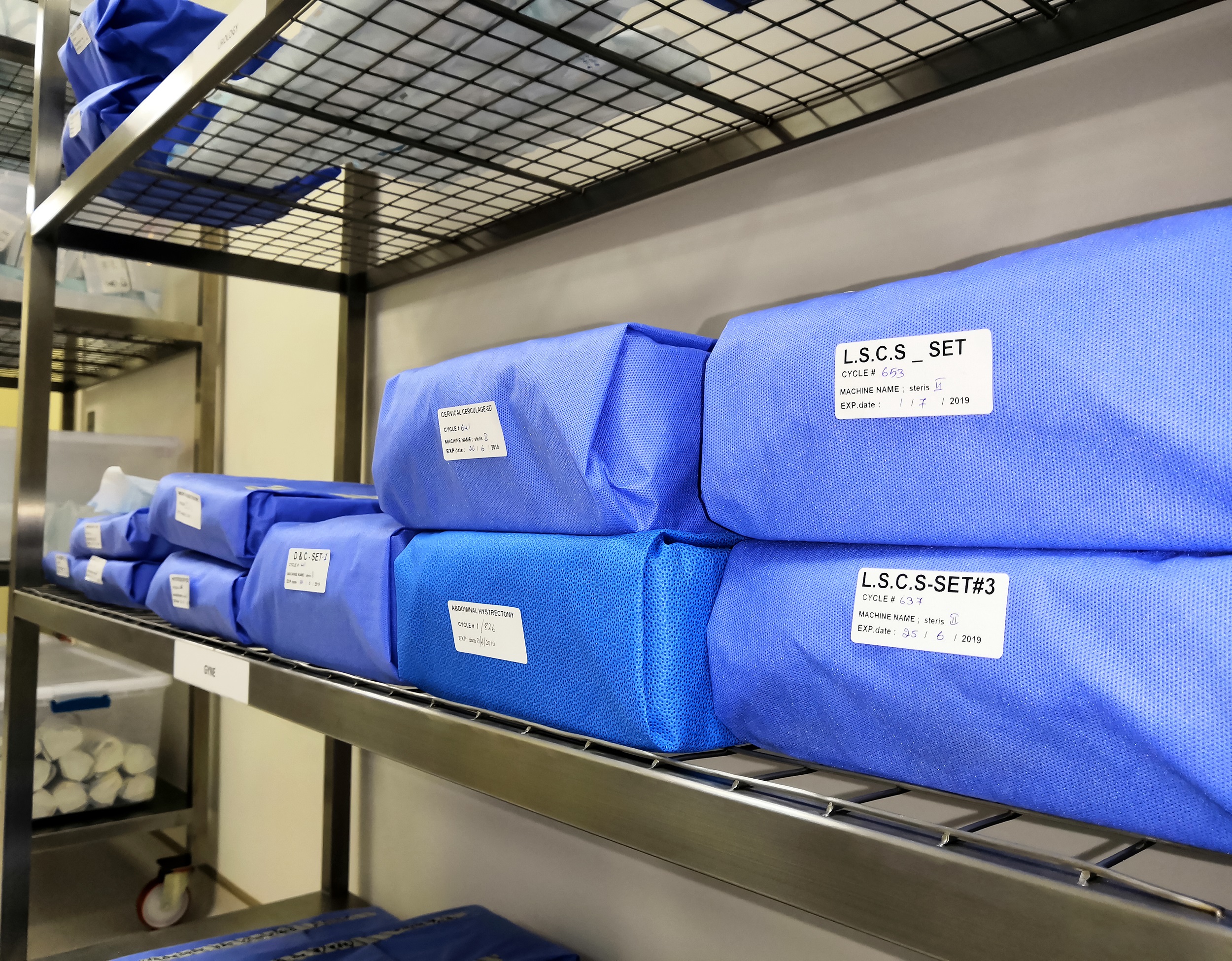
At Sterequip, rather than wrapping each tray with the Blue Wrap plastic it chose to provide its customers with containers, often called “Rigid Containers”. These reusable aluminium surgical sterilisation cases, provide a sterile environment for devices to be reprocessed, stored and transported, eliminating a significantly large amount of Blue Wrap waste.

Blue Wrap is typically used by most CSSD to enclose and protect trays of surgical devices during sterilisation process. Blue Wrap is folded around the trays, and taped in place with a sterilisation indicator, and the whole package is placed in the steriliser or autoclave and then stored ready for use.
The Blue Wrap is a single-use product, and large amounts every day are disposed of after each use, often by incineration and occasionally by recycling.
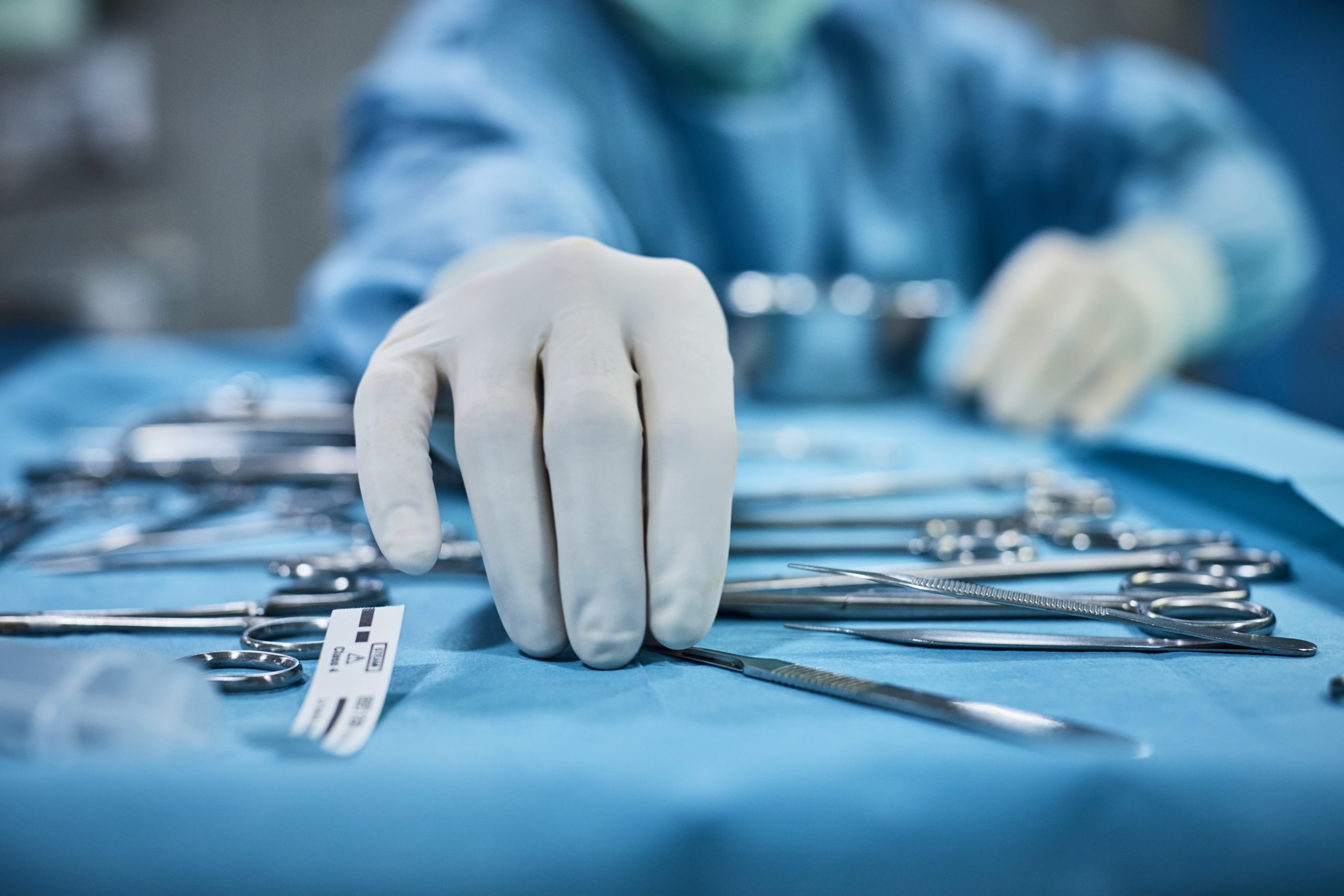
In most Australian states, incinerating hospital waste is a common method of disposal; however, this can be worse than placing in landfill. While incineration kills most microorganisms and reduces the volume of waste, the technique can release significant amounts of harmful emissions into the atmosphere, especially dioxins, furans and mercury.
In a report by ABC news(1), a nurse from a Sydney Hospital said, “Tallying up the waste at the end of every surgery was disheartening. A lot of the single-use items include syringes, kidney dishes, light handles made of plastic and of course all of the packaging that the single use instruments come in. Every operation collects a big bin of plastic. From an environmental standpoint, it’s quite devastating.”
The Environmental Protection Agency in the U.S estimates Blue Wrap accounts for 19 per cent of all operating room waste. For hospitals without a sustainability program, is a common dilemma.
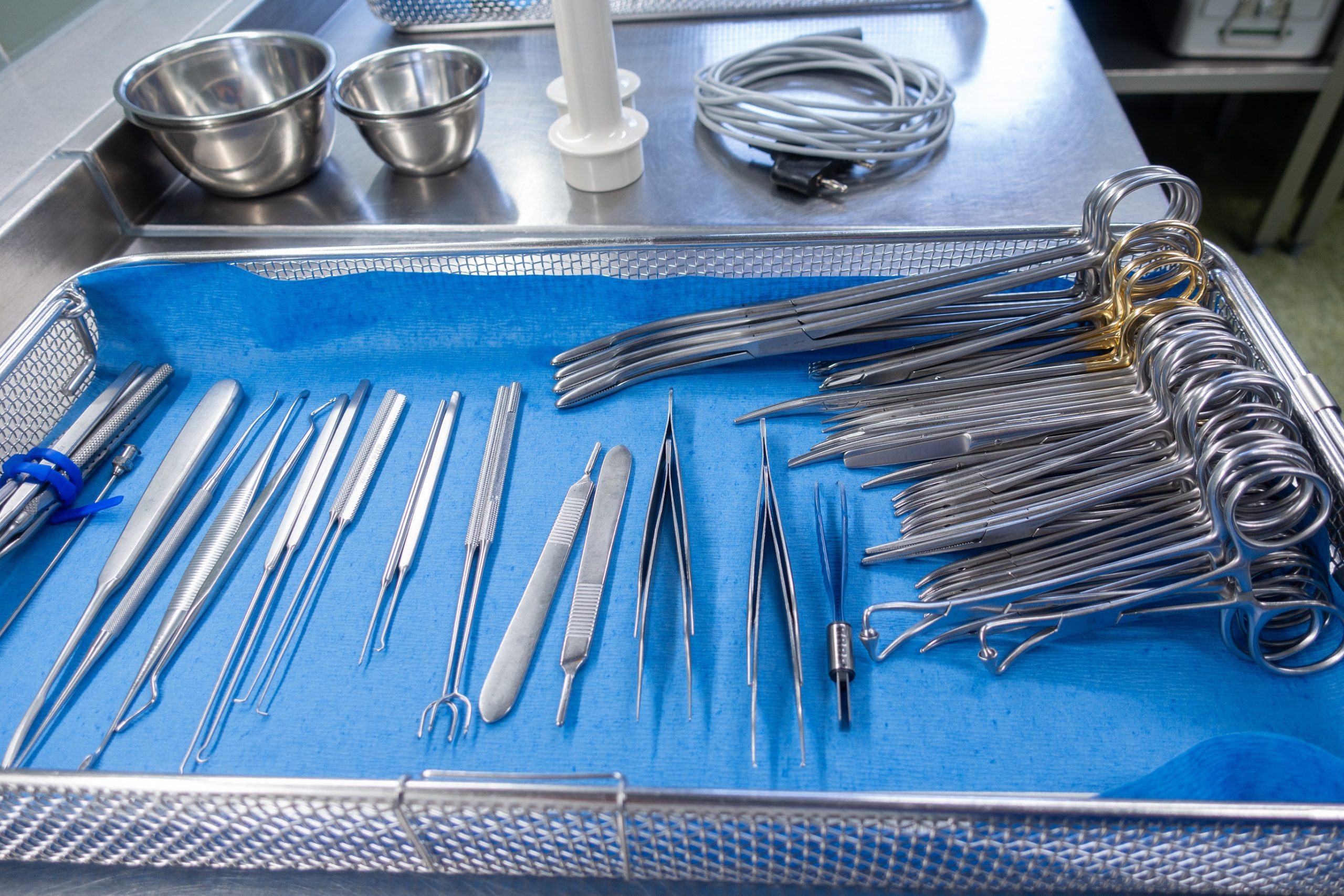
A study (1) conducted by University of Minnesota, compared 10 years of Blue Wrap sterilisation protection for 100 trays per day, to 100 reusable aluminium hard sterilisation cases.
The Study compared the greenhouse gas emissions from the production, use, and end-of-life disposal for both disposable polypropylene Blue Wrap and reusable aluminium rigid containers. In the first year of use, the disposable Blue Wrap had roughly twice the emissions compared to that of the reusable rigid containers. The relationship maintained a linear progression over the 10-year time span of the functional unit, as shown below in the graph.

While, it might not be feasible for health service organisations to get rid of the polypropylene waste completely, or use of disposable devices, minimising the waste is still an option.
Sterequip CEO, Dirk Bellinge “We are very conscious of providing our clients both compliant sterilisation of devices and minimising the environmental impact our facilities and operations have. We spent many years designing and developing reprocessing facilities that will open across most major cities in Australia starting in as early 2021. Our aim is to help health service organisations not only meet the Australian standard for reprocessing but reduce their environmental impact.”
Sterequip provide health service organisations a full outsourced solution for their reusable medical devices, making it cost effective with little impact to current workflows. It goes a long way to helping Australian hospitals get a little greener.
To contact Sterequip simply visit them at www.sterequip.com.au or call 1300 STEREQUIP (1300 783 737).
References:
1. ABC Report, Australia’s healthcare industry battling ‘devastating’ level of waste, nurses and doctors say
By Emilia Terzon
2. The University of Minnesota, 2016, Reducing Solid Waste in Surgical Centers by Replacing Blue Wrap.

